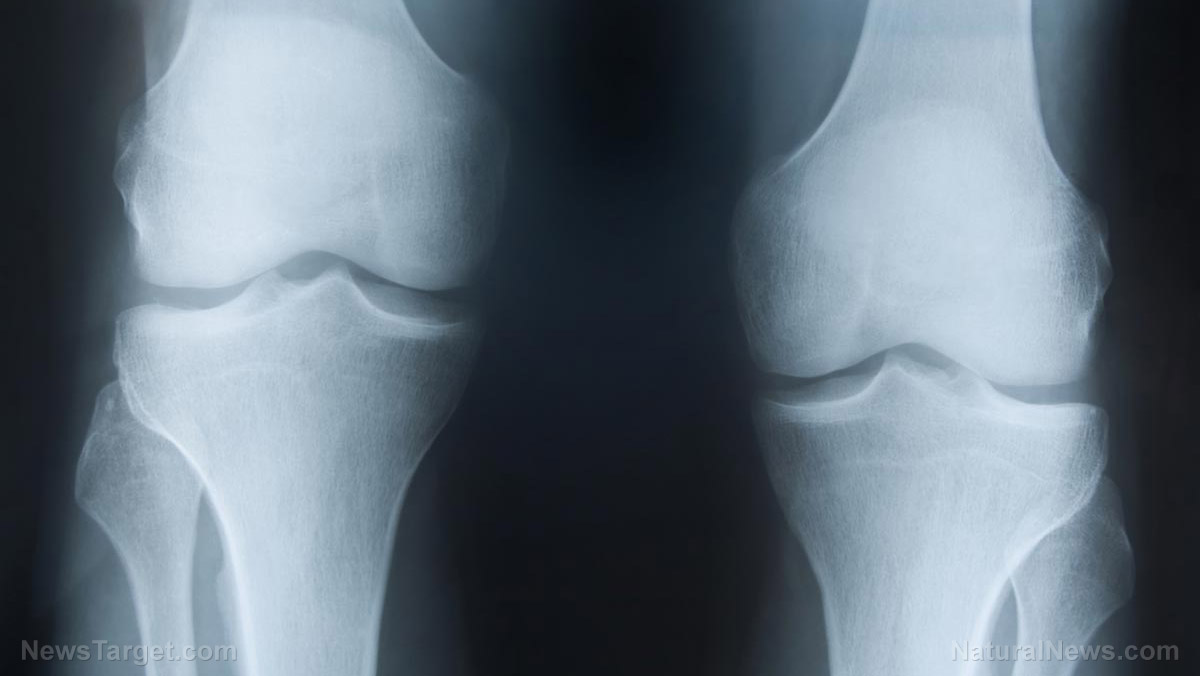Sperm quality is a marker for men’s general health; low sperm counts linked to increased risk of diabetes, heart disease
05/22/2018 / By Jessica Dolores

Low sperm count may mean more than the inability to sire a child. It could point to serious health problems.
A study on a group of men’s semen quality, the largest so far, shows that low sperm count is linked to metabolic changes, cardiovascular risk, and low bone mass. The study’s lead investigator, Dr. Alberto Ferlin, associate professor of endocrinology in Italy’s University of Brescia, added that infertile men tend to suffer from health problems or risk factors that can reduce their quality of life and even make them die earlier than those with healthy sperm.
Ferlin and his team’s study of 5,177 male partners of infertile couples from Italy found that about half the men with low sperm counts were 1.2 times more likely than the others to have more body fat (bigger waistline and higher body mass index), higher blood pressure, greater “bad” cholesterol and triglycerides, and lower “good” cholesterol. They also had a higher incidence of metabolic syndrome which raised their chances of developing diabetes, heart disease, and stroke. Insulin resistance, another factor in diabetes, was also higher in men with low sperm counts.
The researchers also revealed that men with low sperm counts (less than 39 million per ejaculate) were 12 times more prone to have low testosterone levels than their healthier counterparts. Meanwhile, half of the men with low testosterone had osteoporosis or low bone mass.
According to Ferlin, what all these point to is that treating male infertility should not just focus on having a child. Men with low sperm counts must also see their primary doctor because the condition is an indicator of other serious health conditions that affect quality of life and longevity.
Men with fertility problems can try natural remedies to raise their sperm count. Some suggestions:
- Avoid exposure to chemicals — Sadly, the semen quality of the average male today is not as good as that of his counterparts 50 years ago. The suspected culprits are xenoestrogens (Polychlorinated biphenyls or PCBs in electrical oils, lubricants, adhesives and paints, DDT or insecticides, dioxin in herbicides, pesticides, plastics and industrial pollutants). You can solve, or reduce this problem by avoiding food containers, bottles, wraps and utensils made of plastic. Steer clear of chlorinated tap water and chlorine bleach. Eat as much organic food as possible because it’s safe from pesticides and herbicides. Stay away from synthetic deodorants and cosmetics.
- Have a healthy diet — Lots of fresh fruits, vegetables, whole grains and legumes can help improve fertility. Stay away from tobacco, refined carbohydrates, and foods with artificial additives. Avoid animal products packed with fat that contains hormones, like milk and dairy products, chicken, beef, and pork.
- Stick to your ideal weight — Food deprivation and its accompanying weight loss in men rob them of their sex drive. It also brings structural changes to reproductive tissue and leads to infertility. Obesity, on the other hand, may be linked to low sperm count and impotence, perhaps because extra fat leads to higher temperatures near the testes.
- Exercise five times a week — The American Society of Reproductive Medicine says exercising five times a week for at least 45 minutes plus a healthy diet can boost fertility by keeping body weight at normal levels. It also reduces stress and anxiety.
- Take nutritional supplements — The most important nutritional supplements for male fertility are vitamin C and zinc. Vitamin C helps keep sperm from clumping or sticking together. Zinc raises testosterone levels, sperm count, and sperm motility. Oysters, wheat germ, legumes and nuts are packed with zinc. Arginine, an amino acid found in the head of sperm, is found in nuts and chocolate. Other nutrients that improve sperm count include essential fatty acids, chromium, selenium, copper, vitamin E, CoQ10 and B complex vitamins, especially vitamin B12.
Male infertility is just the tip of the iceberg. Addressing the problem at once can mean closing the door to a host of health issues and opening a new one that leads to a longer, more satisfying life.
You can read more articles on how to improve your health at NaturalCures.news.
Sources include:
Tagged Under: cardiovascular disease, cardiovascular risk, Fertility, good nutrition, health problems, health risk, healthy sperm, low bone mass, low sperm count, men's health, metabolic changes, natural remedies, poor quality sperm, proper diet, proper nutrition, reproductive health, sperm count, sperm motility, sperm quality




















